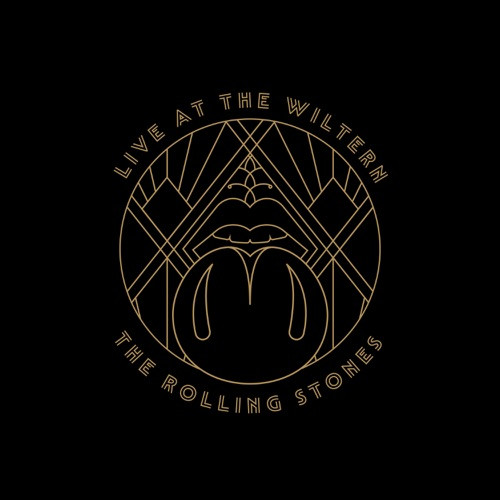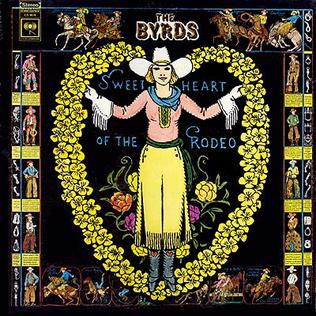 Lou was on a career high with New York from the year before, so a reunion with John Cale was certain to get attention. The excuse was a piece commissioned to celebrate the life of Andy Warhol, so they jumped at it. Songs For Drella got excellent reviews from the usual arty quarters, but would it translate to an album? More to the point, how would it be received as a Lou album, since Cale wasn’t exactly a sales magnet?
Lou was on a career high with New York from the year before, so a reunion with John Cale was certain to get attention. The excuse was a piece commissioned to celebrate the life of Andy Warhol, so they jumped at it. Songs For Drella got excellent reviews from the usual arty quarters, but would it translate to an album? More to the point, how would it be received as a Lou album, since Cale wasn’t exactly a sales magnet?
The album is a song cycle, mostly sung from “Andy’s” point of view. He starts out trying to escape his “Small Town”, then going to The Big City to establish an “Open House” policy. “Style It Takes” is sung by John, with sympathetic vocals from Lou at the very end, and it’s one of the more successful descriptions of Andy’s approach. The two of them battle on guitar and piano to demonstrate “Work”, wherein Lou recounts some of their conversations. “Trouble With Classicists” frames a quiet rant, and Lou follows it with the more obvious “Starlight”, wherein he delivers an intensity we wouldn’t expect from Andy. “Faces And Names” is much quieter, and we’re starting to think John understood Andy better than Lou.
Indeed, “Images” is relentless, to express the idea of repetition, but “Slip Away” (helpfully subtitled “A Warning”) demonstrates the foreboding that is explained away in “It Wasn’t Me”, where the blame is pushed to others. Something of a plot arrives in “I Believe”, a fairly frank description of Andy getting shot (an event overshadowed in the news by the same thing happening to Bobby Kennedy). This is also where Lou’s guilt over not visiting him in the hospital begins to dominate the lyrics. “Nobody But You” features Lou on acoustic for the first time in a long while, but it’s a three-chord song with Cale playing a percolating bassline on the keyboard. The abrupt ending is an excellent a setup for “A Dream”, a monologue composed by Lou and recited by John in an emulation of Andy’s infamous diaries. This piece is mesmerizing, as the longer it goes the more it perfectly expresses his perceived loneliness, particularly in his anger at Lou. The despair intensifies as the piece comes to a close, so it’s a jarring switch to “Forever Changed”, based around the metaphor of a train, one that actually appears to slow down at the song’s end. After all that, “Hello It’s Me” seems more like the kind of song that would sit by itself on an album. Some of the rhymes seem a little forced, but the closing “goodbye Andy” never fails to catch in your throat.
The idea of these two guys working together for the first time in over twenty years was very enticing, and Songs For Drella delivers very stark listening, with a few great songs amidst some real cringers. But if you’re expecting a Velvet Underground album, you’ll be disappointed. It really is an art piece, conceived as a theater presentation. It’s the sound of a guy with a guitar looking at a guy on keyboards talking about a guy they knew. Lou gets to shred here and there, but even he knows that his chops are merely window dressing to Cale’s fingers. It’s a curio, not likely to be appreciated outside the fan base. (To appeal to them a limited edition was packaged like a jewel case-sized book with a fuzzy cover. Like velvet. Get it?) At least Lou lost the mullet in the process.
Lou Reed & John Cale Songs For Drella (1990)—3½
:format(jpeg):mode_rgb():quality(90)/discogs-images/R-10428779-1497727410-7722.jpeg.jpg)
:format(jpeg):mode_rgb():quality(90)/discogs-images/R-7748931-1447974697-9918.jpeg.jpg)







